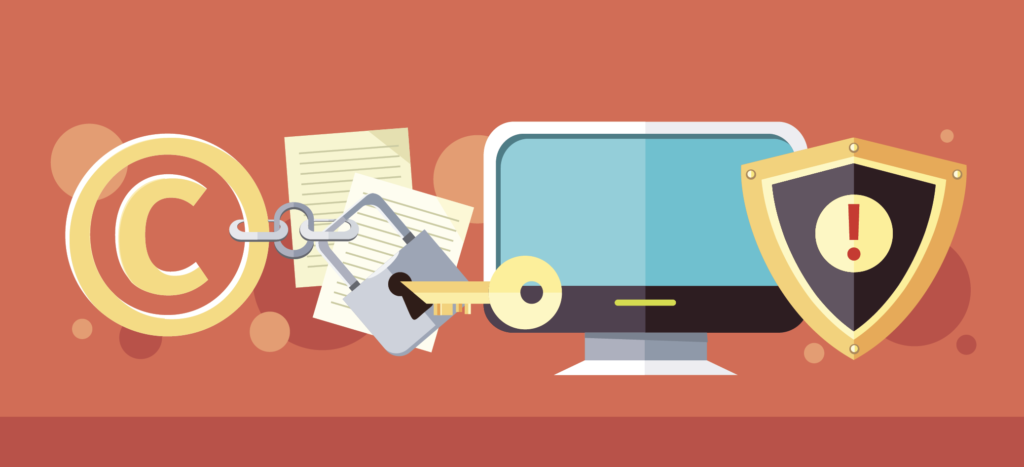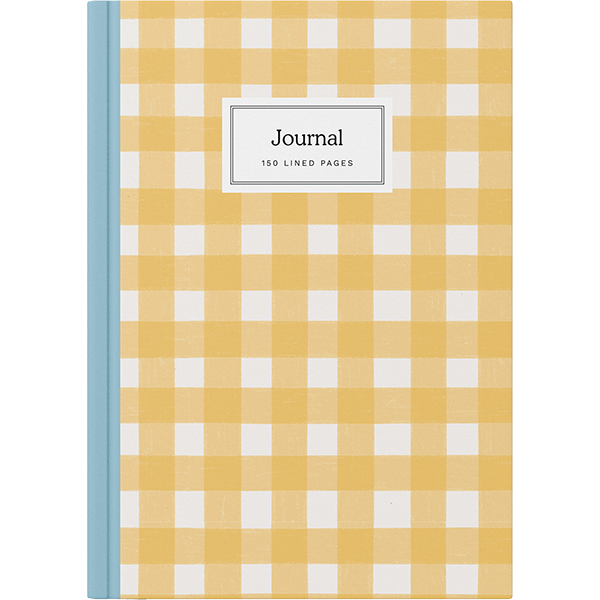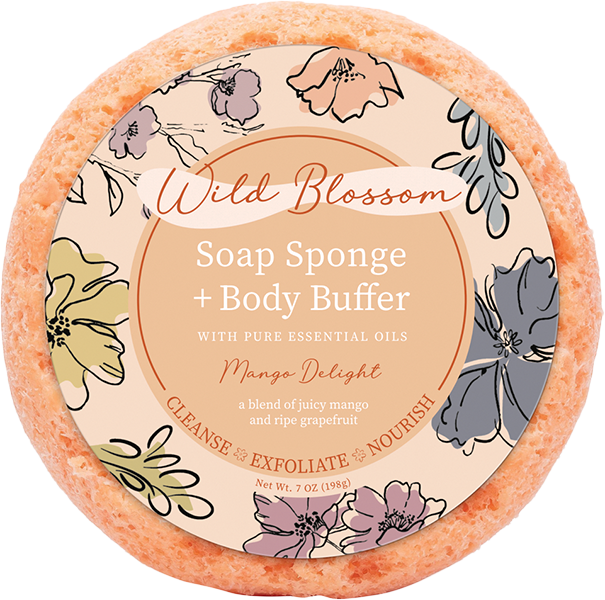
What Do Copyright Laws Protect?
The world of intellectual property is vast. Most people have heard of trademarks, copyrights, and patents, but the details are kind of fuzzy. And many folks lump all of those protections together. So, let’s clarify and dig into one of these items by answering the question, “What do copyright laws protect?”
There are many misconceptions surrounding copyrights for those who don’t need to live and breathe intellectual property all day long. And for good reasons! It can be pretty confusing to sort out what copyright laws actually do. In short, a copyright is a legal protection the government provides to authors of original works.
When we talk about copyright laws, the term “author” refers to the work’s creator, even if the creation isn’t literary. Copyright law protects a tangible form of expression of the author’s idea, not the idea itself. This area of intellectual property law puts control of the work in the hands of the author. That is, the creator has the right to determine whether or not someone else can copy or re-use the work.
There isn’t a comprehensive list of items that can have this protection, probably because the list would be almost unending. But in general, the following types of work can fall under copyright laws.
LITERARY WORKS
You do not have to be John Steinbeck or Maya Angelou to receive copyright protection for your work. Literary doesn’t necessarily mean “taught in your college English classes.” Any original, written creation counts. This includes: novels, poems, screenplays, short stories, newspaper and magazine articles, website content, sheet music, computer software and social media copy.
As you can imagine, the amount of content in this category is enormous and grows by leaps and bounds every day. It grew as soon as I posted this blog to my website!
GRAPHIC AND PICTORIAL WORKS
Are you a visual creator? If so, this category covers your work. It can include all of the following, to name a few: photographs, drawings, maps, paintings, fashion designs, textiles, sculptures and carvings, wallpaper designs, and infographics.
What about all those cell phone photos you have? Do copyright laws protect them? Most definitely! Each of your silly selfies is protected by intellectual property law. Since experts estimated that we took about 1.4 trillion photos in 2021 alone, there is a lot of content in this copyright category.
SOUND RECORDINGS
On a recent thrift store adventure, my friend’s daughter found an old album of sound effects. It was a pretty amusing collection of sounds, and each one has copyright protection. Any original audio recordings fall under this area of copyright protection, including: songs, spoken word, instrumental music, sound effects and live recordings.
ARCHITECTURAL WORKS
Buildings and the plans that go into them can receive intellectual property protection. Once they are in a tangible form, all of the following can fall under copyright law: blueprints, models, drawings, diagrams and original structures.
AUDIOVISUAL WORKS
If you create something original that a person can watch on a screen, that creation has copyright protection. This category includes the following items: television shows, movies, animation, video games and original video content for social media.
DRAMATIC WORKS
Dramatic creations can also receive copyright protection. These works include: choreography, musicals, plays and mime routines.
WHAT DOESN’T FALL UNDER COPYRIGHT LAW?
The list of things that copyright law covers is significant. It might be more straightforward to discuss the items that do not have this protection. Often, these works cause the most confusion around copyright law. The following things are examples of items that do not fall under copyright law, even though many people think they do: ideas; methods, systems, processes; names and titles; slogans; domain names; and recipes.
WHEN DO COPYRIGHT LAWS TAKE EFFECT?
As soon as your creation is in a tangible and complete (or mostly complete) form, it has protection under copyright law. So, for example, writing down the name of a screenplay you plan to write isn’t protectable. But once you’ve typed that whole screenplay, it is.
The great news for authors and creators is that you have this protection whether you legally register the copyright or not. The registration piece comes into play if you want to take legal action against someone who infringes on your intellectual property. At that point, you would need to register the copyright with the U.S. government to proceed.
Registering your works early guarantees the most and the best protection against infringement. There is a cost involved, but it is less than the cost to defend against an infringer.
You do not need to have officially published something for it to be eligible for copyright protection. For intellectual property purposes, “publication” refers to making a work public. It does not mean that the work is published in the literary sense. As an author, you can register your work before publication happens. Actually, this option is the safest and most cost-efficient way to register a copyright. Unpublished works may qualify for registration in a copyrighted collection. After publication, you can still register and protect your works, but each one must be filed separately. Those costs can add up quickly.
If you’re trying to decide if you should register a particular piece of intellectual property, consider whether you would be willing to take legal action against someone who infringes on it. If the answer is yes, then it’s worth pursuing copyright.
DISCLAIMER: The materials available in this article are for informational purposes only and not for the purpose of providing legal advice. You should contact your attorney to obtain advice with respect to any particular issue or problem. Use of and access to this website do not create an attorney-client relationship between Angie Avard Turner Law and the user or browser.























